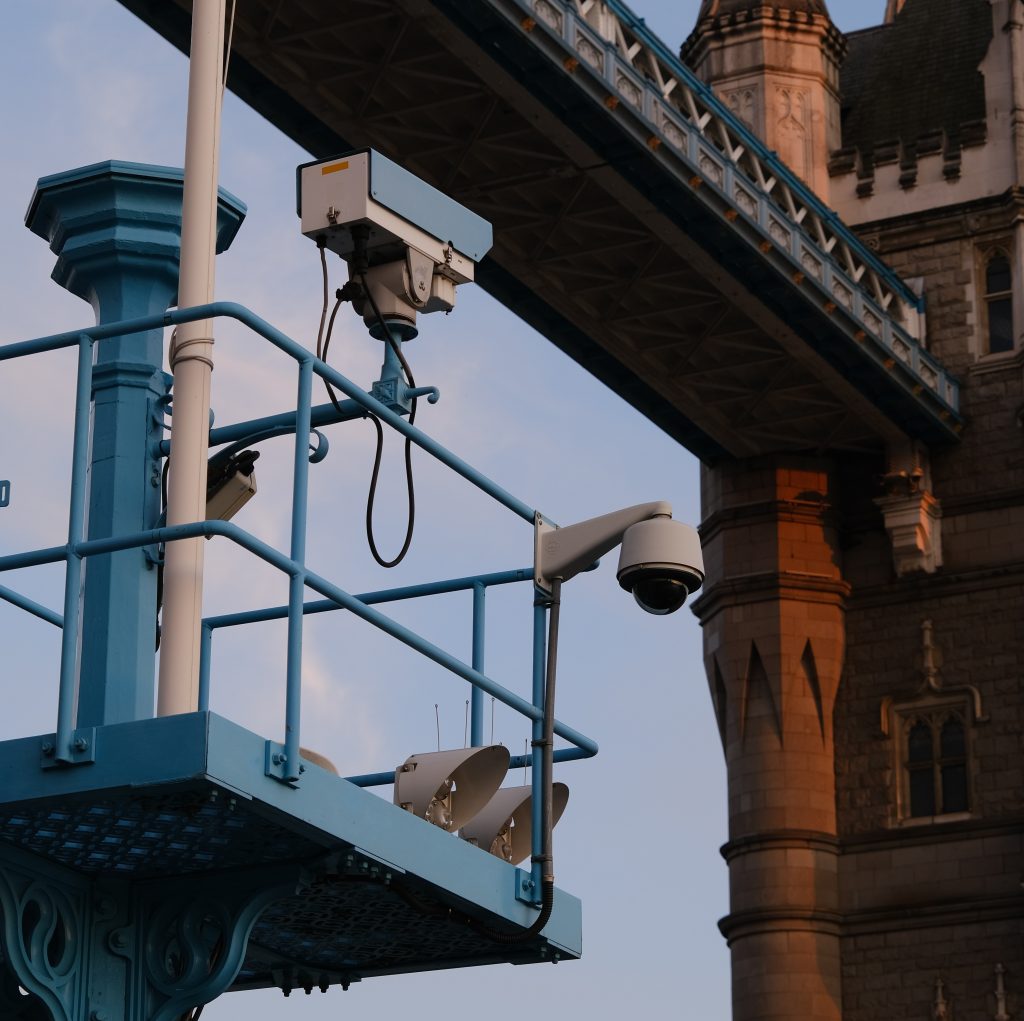Police accused over use of facial recognition at King Charles’s coronation

The Metropolitan police has been accused of using the coronation to stage the biggest live facial recognition operation in British history.
The force said on Wednesday it intended to use the controversial technology, which scans faces and matches them against a list of people police want for alleged crimes and could identify convicted terrorists mingling in the crowds.
Hundreds of thousands of people are expected on the streets on Saturday as King Charles is crowned at Westminster Abbey, after a procession through central London, with a massive security operation in place.
The announcement came as police were given new powers to crack down on protest, enacted into law by government just days before the high-profile ceremonial event.
Campaigners fear the face-scanning technology could be used against protesters, and that police have done so before.
The Met insisted the technology would not be used to quell lawful protest or target activists. But campaign groups do not believe them. Britain’s biggest force said: “It is not used to identify people who are linked to, or have been convicted of, being involved in protest activity.”
A leading academic expert said the number of people whose faces would be scanned would make it the largest deployment yet of live facial recognition (LFR) in the UK.
The scale of the planned use of LFR was unprecedented, said Pete Fussey, who advises the biometrics and surveillance camera commissioner on human rights and ethnics and also led an independent review of the Met’s previous trials of LFR in 2018-19.
The largest previous LFR deployment was the 2017 Notting Hill carnival, when 100,000 faces were scanned.
Fussey said: “A surveillance deployment for the coronation would likely be the biggest live facial recognition operation ever conducted by the MPS, and probably the largest ever seen in Europe.
“Reviewing the statistics stated in their documents, the sum total of ‘recognition opportunities’ (individuals available for scanning) for the 10 operations between 2016 and 2019 was 180,000.
“101,000 of these occurred in a single event, the 2017 Notting Hill carnival. Facial recognition deployments since 2019 have been concentrated in Newham and the West End and, to my knowledge, have not focused on large mass attendance events.”
Police believe LFR is a potentially gamechanging crime-fighting tool, though its use by the state in the UK has so far been limited. Campaigners oppose its use.
Emmanuelle Andrews of the campaign group Liberty said: “The fact LFR is being used at the coronation is extremely worrying. LFR is a dystopian tool and dilutes all our rights and liberties.”
She said police had used it against protesters before, including against anti-arms trade campaigners and allegedly in 2022 on those opposing a bill giving police new powers.
Andrews said: “We have already seen a huge crackdown on protest ahead of the coronation, with new measures brought in this week to further restrict the ways in which people can make their voices heard.
“Now it’s likely that facial recognition will be used to monitor anyone who wants to exercise their right to protest – an extremely worrying development.”
The Met said at a media briefing that it intended to use LFR at the coronation, which is expected to attract huge crowds and hundreds of million of TV viewers around the world.
The Met deputy assistant commissioner Ade Adelekan said: “This is to pick up the people who are wanted for an offence or who have a warrant out against their name.”
A later Met statement added it would also look for “those under relevant offender management programmes in order to keep the public safe”, a probable reference to convicted terrorists, some of whom police and probation officers have visited in the run-up to the coronation, the Guardian understands, to check – for instance – that they are living where they claim to be.
The privacy group Big Brother Watch said: “Live facial recognition is an authoritarian mass surveillance tool that turns the public into walking ID cards.
“The coronation should not be used to justify the rollout of this discriminatory and dangerous technology. The hundreds of thousands of innocent people attending this historic event must not be subjected to biometric police identity checks as part of their celebrations.”
Using facial recognition, linked to databases of people police are interested in, is potentially the next big leap for law enforcement – as big as the introduction of fingerprinting – and police have been working on it for years. The security services are also hugely interested.
The Met is under pressure from government and certain Tory MPs to crack down on protest.
Adelekan said: “What we will not stand for … is anyone committing criminal acts in the name of protest. We will come down very swiftly.”
Asked whether police would consider someone on the route holding an anti-monarchy placard as meriting removal, Commander Karen Findlay, in charge of the police operation, said: “No.”
Asked if protest directly on the route is allowed, Adelekan said: “Protest is lawful,” adding that someone holding a placard did not count as serious disruption, as proscribed by law.
A later Met statement seemed to take a tougher approach: “Our tolerance for any disruption, whether through protest or otherwise, will be low. We will deal robustly with anyone intent on undermining this celebration.”
Police said they were continuing to investigate after a man threw shotgun cartridges at Buckingham Palace on Tuesday evening, after asking to speak to a soldier. He was arrested for alleged possession of a lock knife and possession of ammunition, and no injuries were reported.

